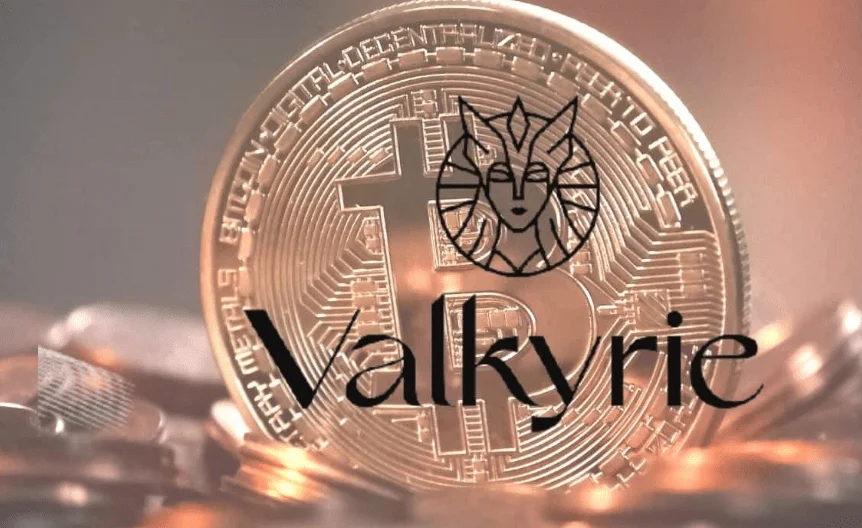To gain attention, Valkyrie Investment fund is leveraging the meme-worthy ticker for its recent application for a Bitcoin ETF as it uses popular memes from the financial Twitter community, known as “fintwit.

The investment firm submitted a new application on May 16 to list a Bitcoin futures-based ETF on the Nasdaq under the “BTFD.”
Valkyrie’s Bitcoin-focused funds invest in Bitcoin futures on the Chicago Mercantile Exchange rather than Bitcoin itself.
Bitcoin futures are financial contracts that enable investors to speculate on Bitcoin’s future price fluctuations. These contracts obligate the buyer to purchase Bitcoin at a predetermined price and the vendor to sell Bitcoin at a specified future date.
Bitcoin futures allow speculators to speculate on the price of Bitcoin without actually possessing the digital asset.
Initially designated for the first fund, the firm reportedly altered the suggestive ticker in October 2021.
Unlike the company’s existing block trading facility (BTF) fund, this new fund will offer leverage, allowing speculators to increase their exposure to the dominant cryptocurrency.
A BTF is a Nasdaq-listed, actively managed ETF that invests predominantly in Bitcoin futures contracts.
Four special Bitcoin futures-based exchange-traded funds (ETFs) have been introduced to the market. In October 2021, ProShares Bitcoin Futures ETF was introduced as the first.
The Securities and Exchange Commission (SEC) has thus far denied multiple attempts to introduce Bitcoin spot ETFs or funds that provide direct exposure to the dominant cryptocurrency, citing potential market manipulation in the Bitcoin market as the reason.
Grayscale, a digital asset manager, is involved in a protracted legal dispute with the SEC as it attempts to convert its struggling Grayscale Bitcoin Trust (GBTC) product into a spot Bitcoin ETF.
The investment firm criticized the Commission’s decision to approve futures-based ETFs rather than spot ETFs as “illogical.”
In March, the judges presiding over the dispute between the two entities in the United States (U.S.) Court of Appeals for the D.C. Circuit stated that the SEC “must provide a thorough explanation” of its understanding of the relationship between Bitcoin futures and spot prices.
